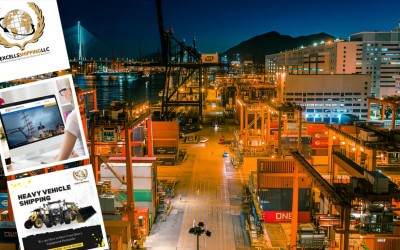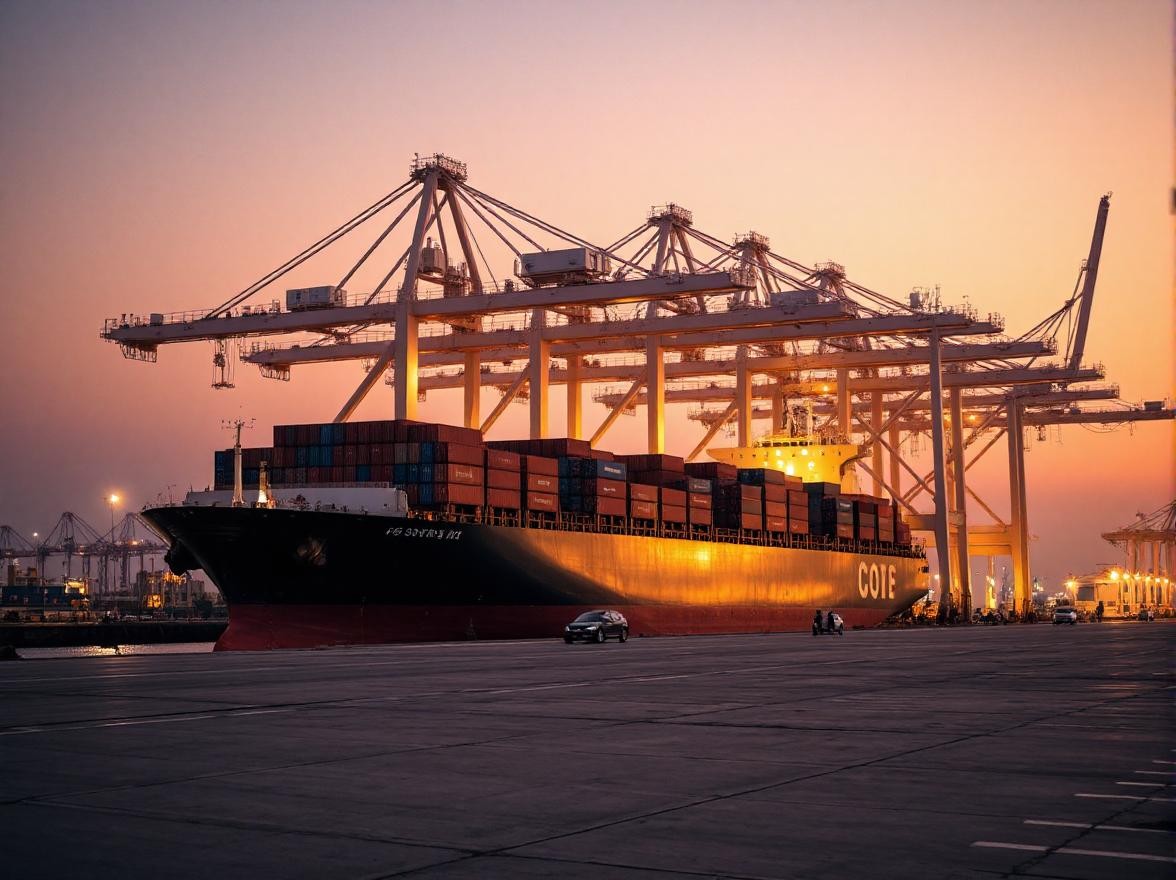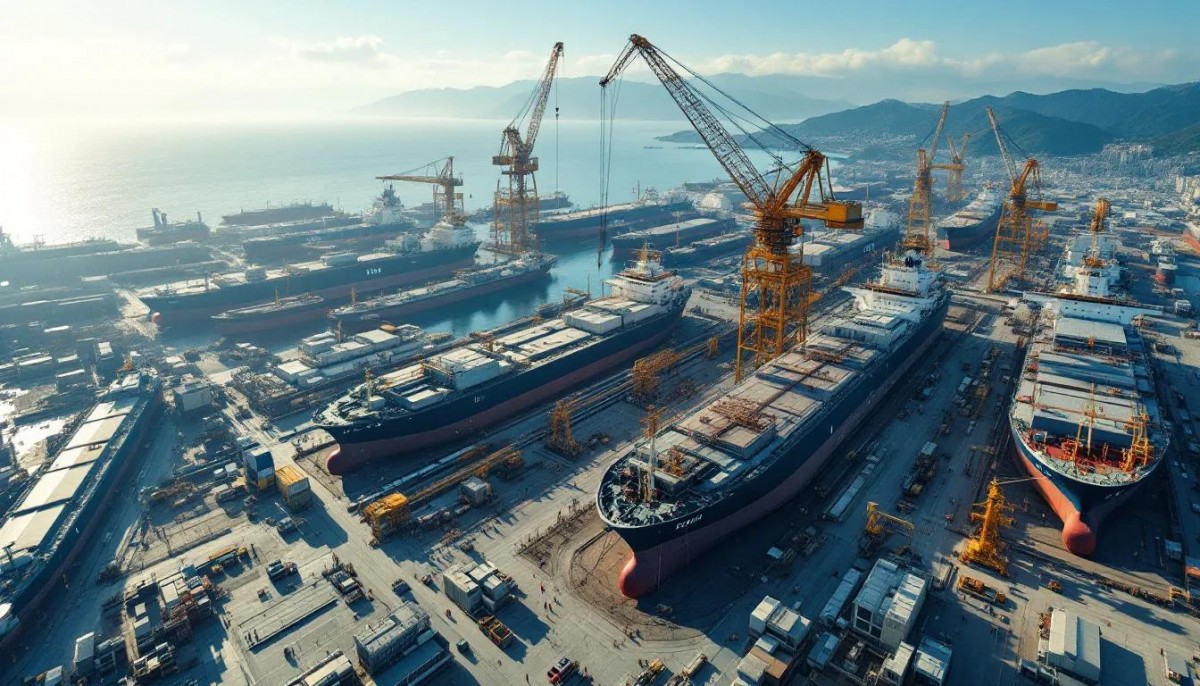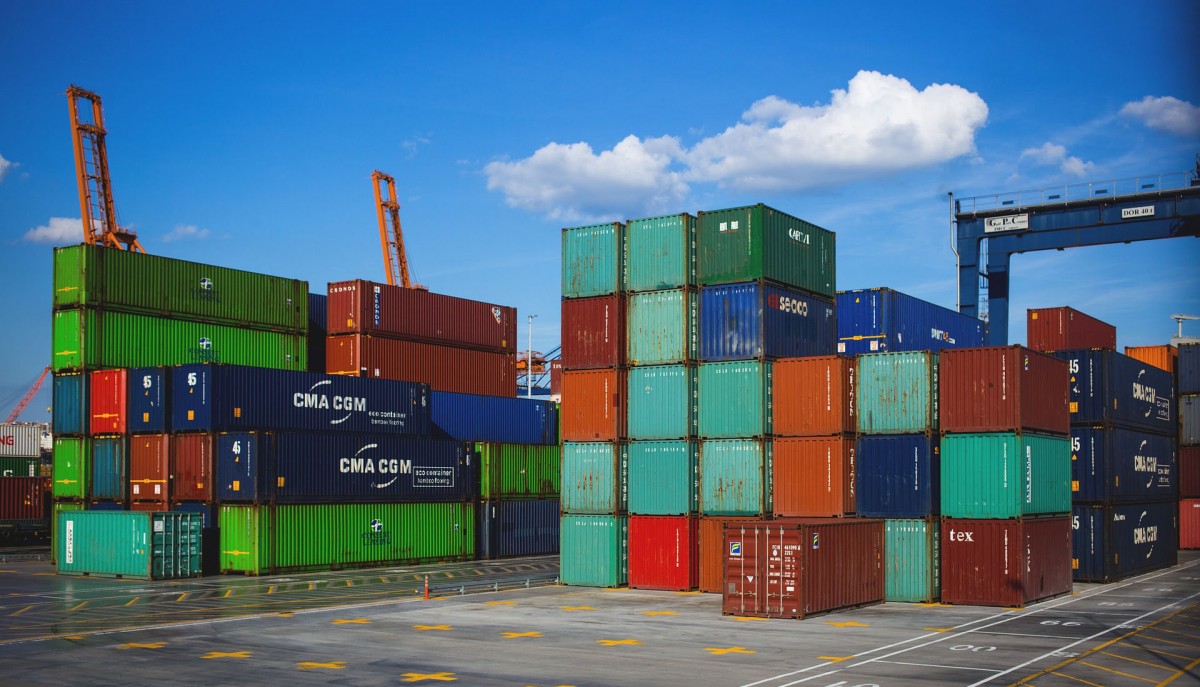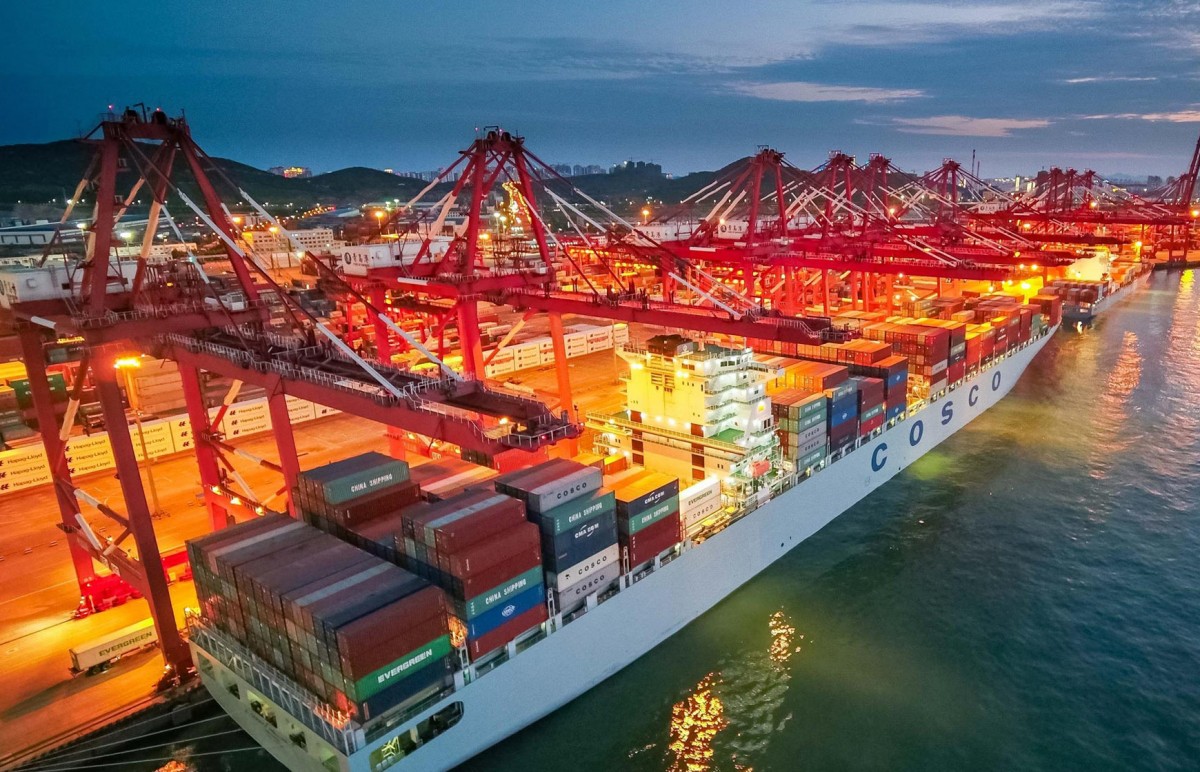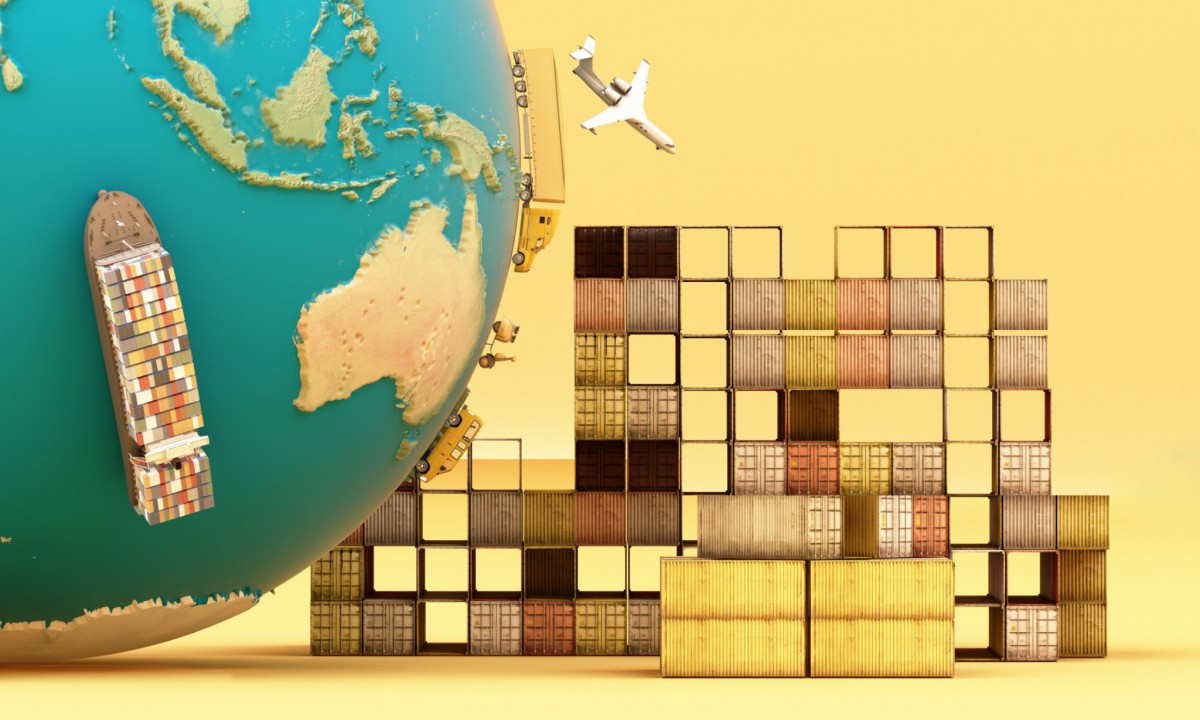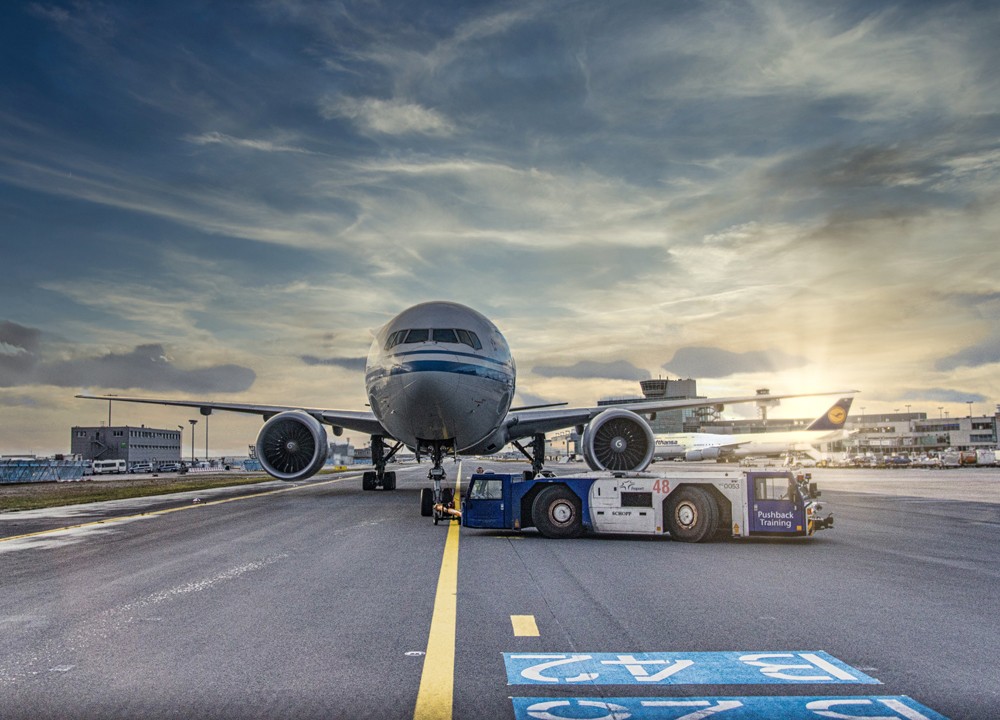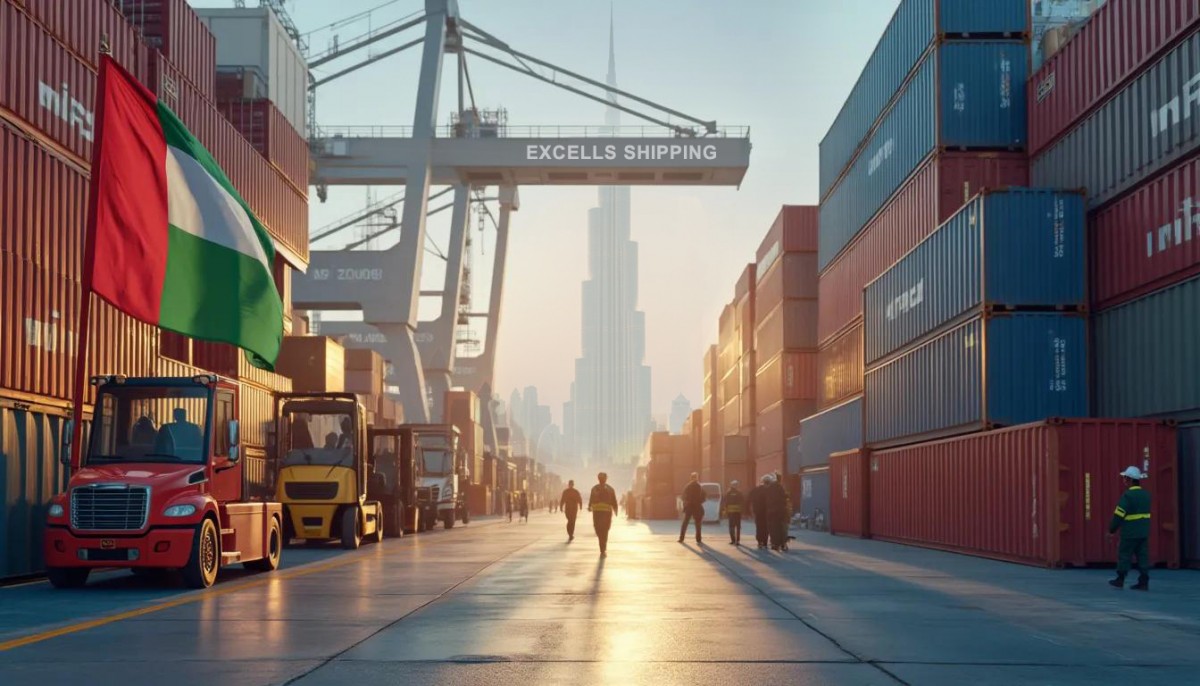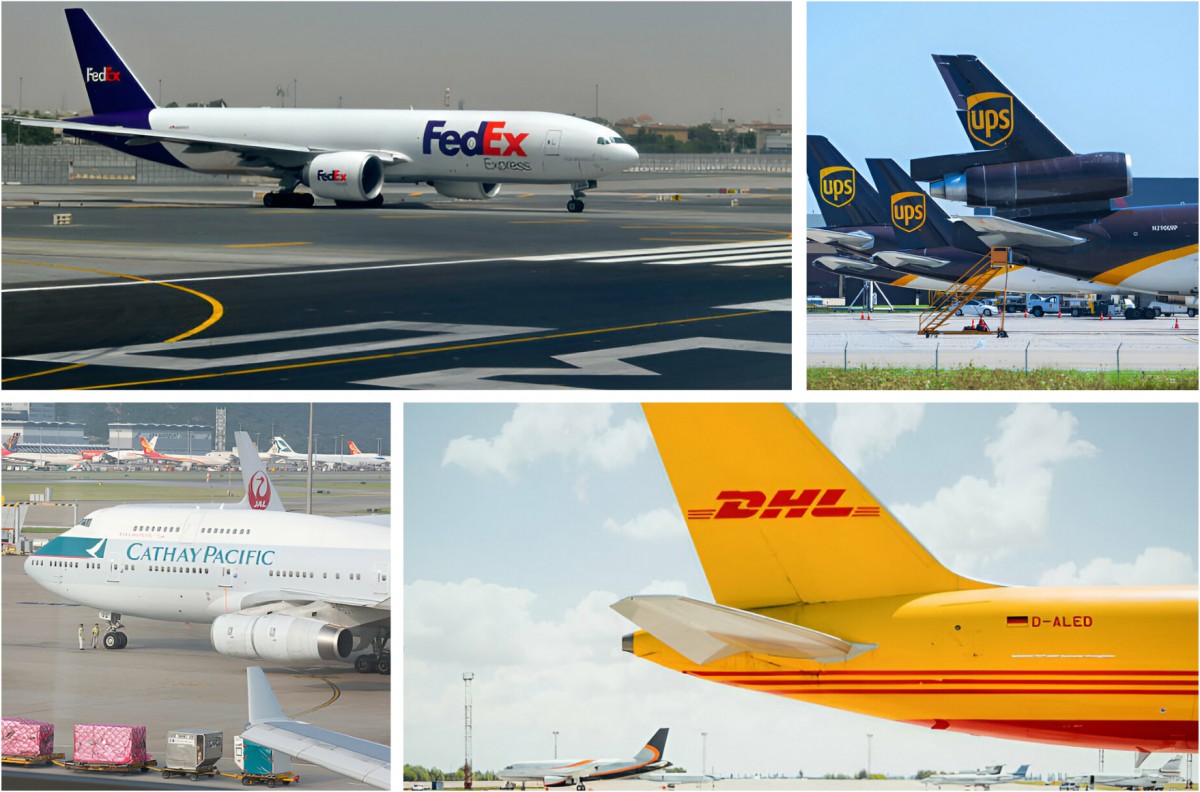Introduction to Freight Forwarding
Freight forwarders are the unsung heroes of global trade, ensuring that goods are shipped from one place to another efficiently and cost-effectively. They act as intermediaries between shippers and carriers, managing logistics to deliver cargo smoothly across borders.
What Does a Freight Forwarder Do?
Freight forwarders manage the complexities of international shipping by providing services such as:
- Booking Cargo Space: They liaise with airlines, shipping lines, or trucking companies to secure the best shipping options.
- Documentation Handling: Preparing documents like bills of lading, customs paperwork, Customs Declaration, and export/import permits.
- Customs Clearance: Navigating the maze of regulations to ensure smooth entry or exit of goods.
- Cargo Insurance: Offering protection for goods in transit.
- Storage Solutions: Arranging warehousing services if needed.
How Does Freight Forwarding Work?
The process usually involves these key steps:
- Receiving Cargo: Freight forwarders start by picking up goods from the shipper or designated warehouse.
- Planning the Route: Based on budget, destination, and timeline, they select the best transport mode (air, sea, or land).
- Coordinating with Carriers: Booking space on planes, ships, or trucks to move the cargo.
- Managing Customs: Filing paperwork and paying duties to clear goods through customs.
- Final Delivery: Ensuring goods reach their destination on time.
Benefits of Working with a Freight Forwarder
- Cost Efficiency: They negotiate better rates due to industry connections.
- Time-Saving: Their expertise ensures smooth operations and avoids delays.
- Risk Mitigation: They handle unforeseen issues like customs rejections or shipment disruptions.
Challenges in Freight Forwarding: Adapting to Global Trends
In today’s world, freight forwarders must constantly adapt to global trends and International Shipping. Issues like fluctuating fuel prices, stricter customs regulations, and the increasing demand for eco-friendly logistics solutions are shaping the industry. Modern freight forwarders use technology such as tracking systems and data analytics to overcome these challenges and stay ahead in a competitive market.
FAQs About Freight Forwarding
What’s the difference between a freight forwarder and a carrier?
Freight forwarders manage logistics, while carriers physically transport goods.
Can a freight forwarder handle dangerous goods?
Yes, but they must follow strict regulations, including special packaging and permits.
Do freight forwarders offer insurance?
Most freight forwarders provide cargo insurance options to protect shipments.
Is freight forwarding expensive?
Costs depend on the distance, mode of transport, and cargo type. However, forwarders often save you money through bulk shipping rates.
How long does freight forwarding take?
It varies based on the transport mode: air (1–7 days), sea (15–45 days), or land (1–10 days).
Can I track my shipment?
Yes, most forwarders provide tracking tools or updates for transparency.
What documents do I need for freight forwarding?
Common documents include invoices, packing lists, and certificates of origin.
Do freight forwarders handle customs?
Yes, they specialize in clearing customs and managing related documentation.
What’s multimodal transport in freight forwarding?
It combines different transport modes (e.g., ship and truck) for faster and more efficient delivery.
How do I choose the right freight forwarder?
Look for experienced forwarders with positive reviews and specialized services relevant to your cargo type.





